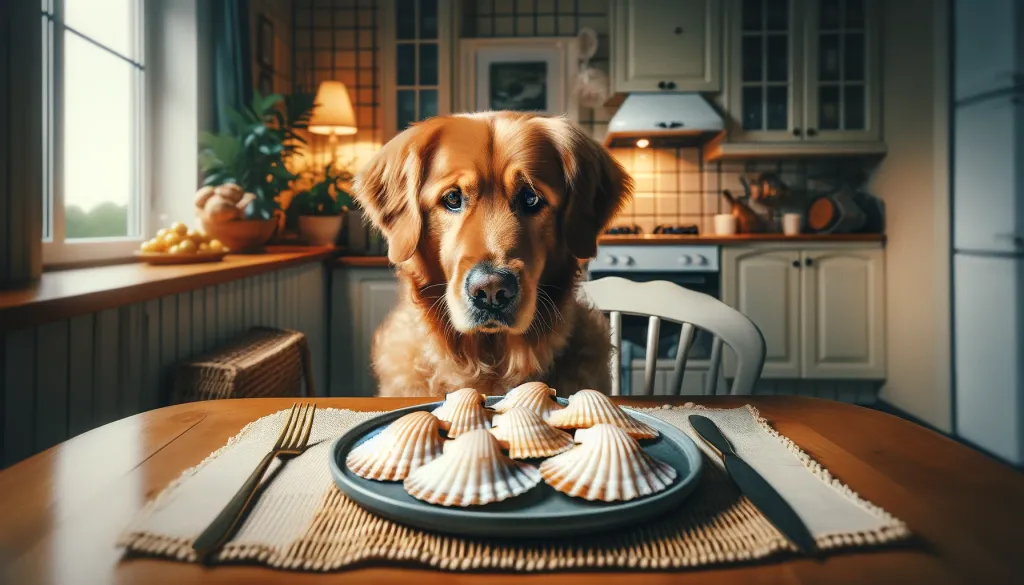Scallops are a delicious seafood option enjoyed by many people, but can they be safely shared with your dog? While scallops provide several nutritional benefits for humans, such as being rich in protein and vitamins, it’s important to understand how they affect your dog’s health. In this article, we’ll explore whether dogs can eat scallops, what precautions to take, and how to serve them safely.
Are Scallops Safe for Dogs?
Yes, dogs can eat scallops as long as they are prepared correctly. Scallops contain important nutrients like protein, magnesium, and potassium, which can benefit your dog’s overall health. However, there are a few crucial factors to consider before offering them as a treat.
How to Prepare Scallops for Dogs
If you're considering adding scallops to your dog’s diet, here are a few preparation tips to ensure they’re safe:
-
Cooked, Not Raw: Always serve scallops fully cooked. Raw or undercooked scallops may contain bacteria or parasites that can cause digestive upset or illness in your dog.
-
Plain, Without Seasoning: Scallops should be cooked without added butter, garlic, onions, salt, or any other seasoning. These ingredients can be harmful to your dog’s health, potentially causing vomiting, diarrhea, or more severe conditions like pancreatitis.
-
Baked or Grilled, Not Fried: Opt for healthier cooking methods such as baking or grilling. Fried foods are high in unhealthy fats and oils, which can lead to obesity or gastrointestinal issues in dogs.
Health Benefits of Scallops for Dogs
Scallops are a good source of lean protein, which supports muscle health and energy levels in dogs. They also contain essential nutrients like:
- Magnesium: Helps with muscle function and supports the nervous system.
- Potassium: Contributes to heart and kidney function, as well as maintaining fluid balance in the body.
- Vitamin B12: Essential for nerve function and red blood cell production.
These nutrients can make scallops a nutritious, occasional treat for your dog when prepared properly.
Risks and Precautions
While scallops can be a healthy treat in moderation, there are a few potential risks:
-
Allergies: Some dogs may be allergic to seafood. Always introduce new foods slowly and watch for signs of allergies, such as itching, swelling, or gastrointestinal distress.
-
Portion Control: Scallops should be served in small portions, as too much seafood can lead to an upset stomach or imbalance in your dog’s diet. Treats, including scallops, should only make up a small part of your dog’s overall nutrition.
-
Choking Hazards: Cut scallops into small, bite-sized pieces to reduce the risk of choking, especially for smaller dogs.
Takeaway Tips:
- Moderation is key. Offer scallops as an occasional treat, not as a regular part of your dog’s diet.
- Ensure the scallops are fully cooked and plain—free from butter, oils, and seasonings.
- Always introduce new foods carefully to avoid allergic reactions or digestive issues.
By following these tips, you can safely offer your dog the occasional taste of scallops without putting their health at risk. Always consult with your veterinarian if you have any concerns about introducing new foods into your pet's diet.


